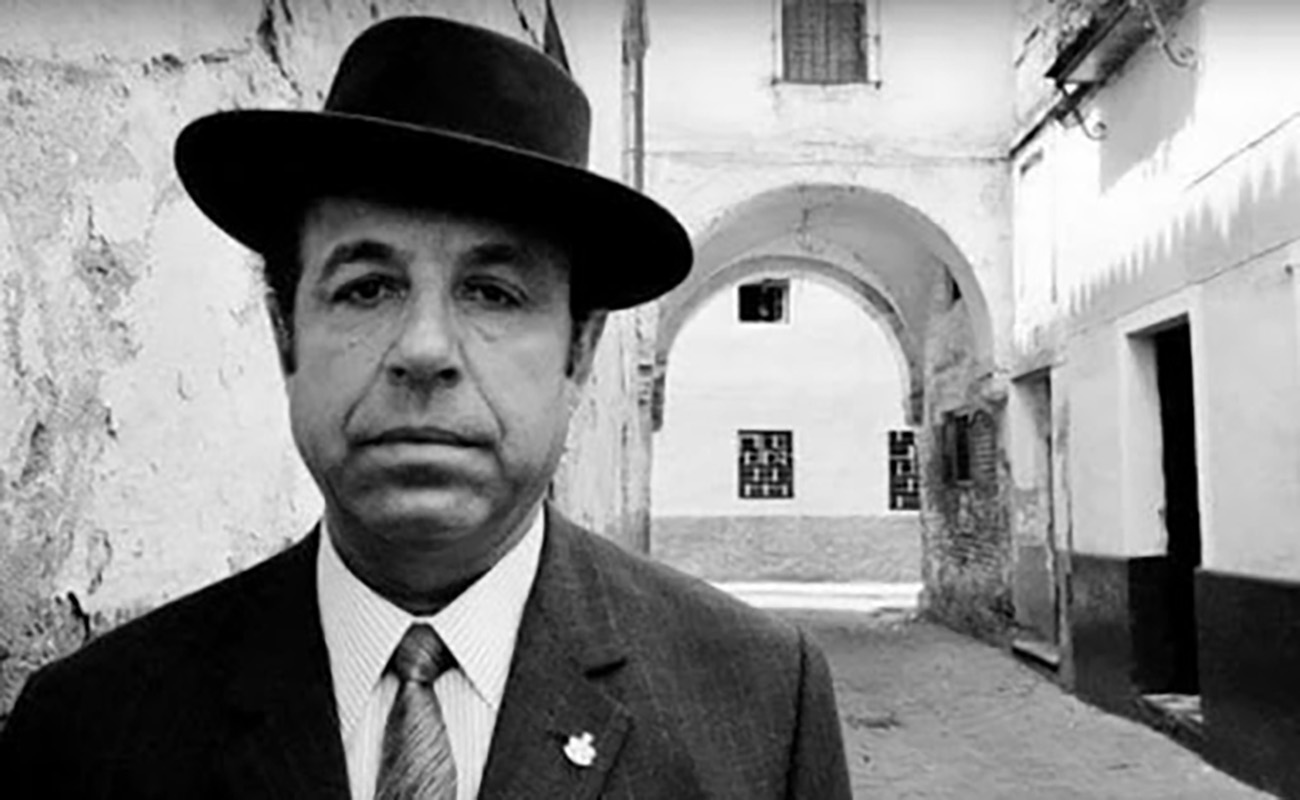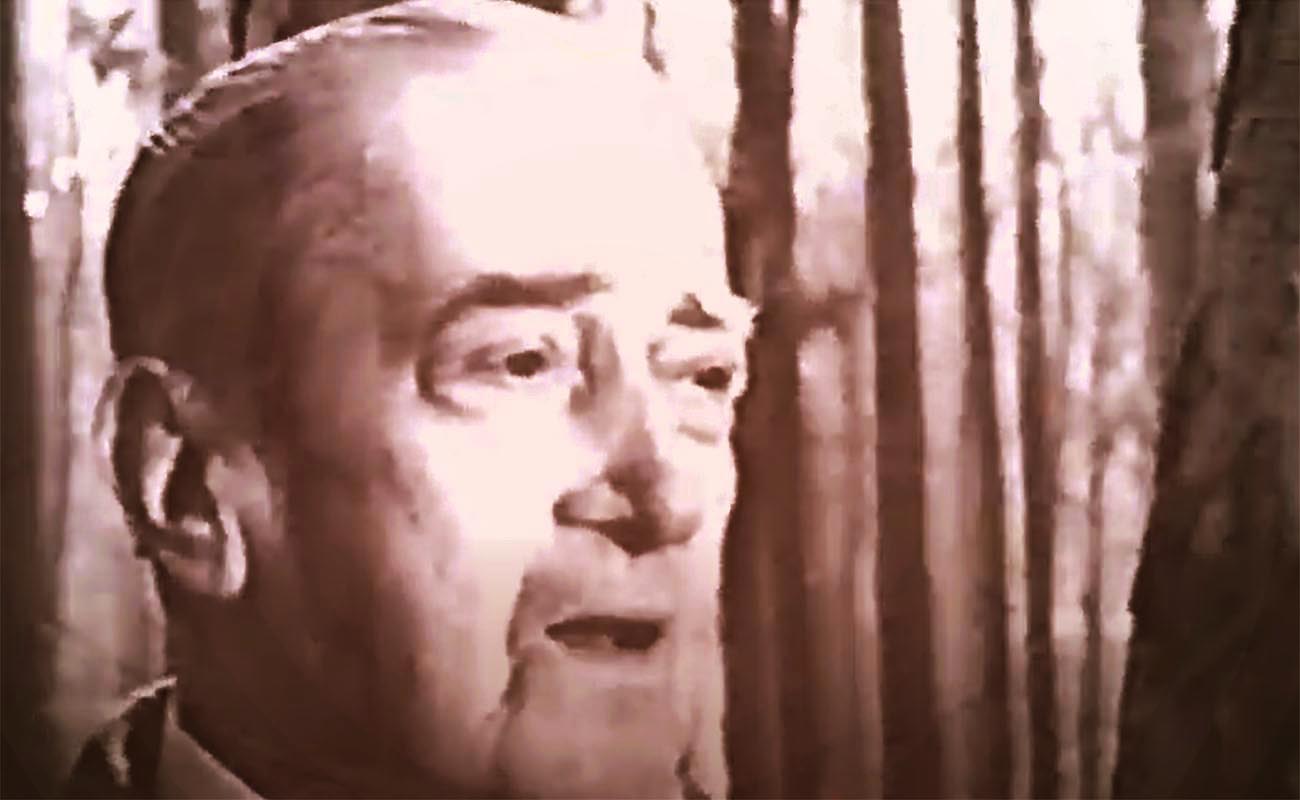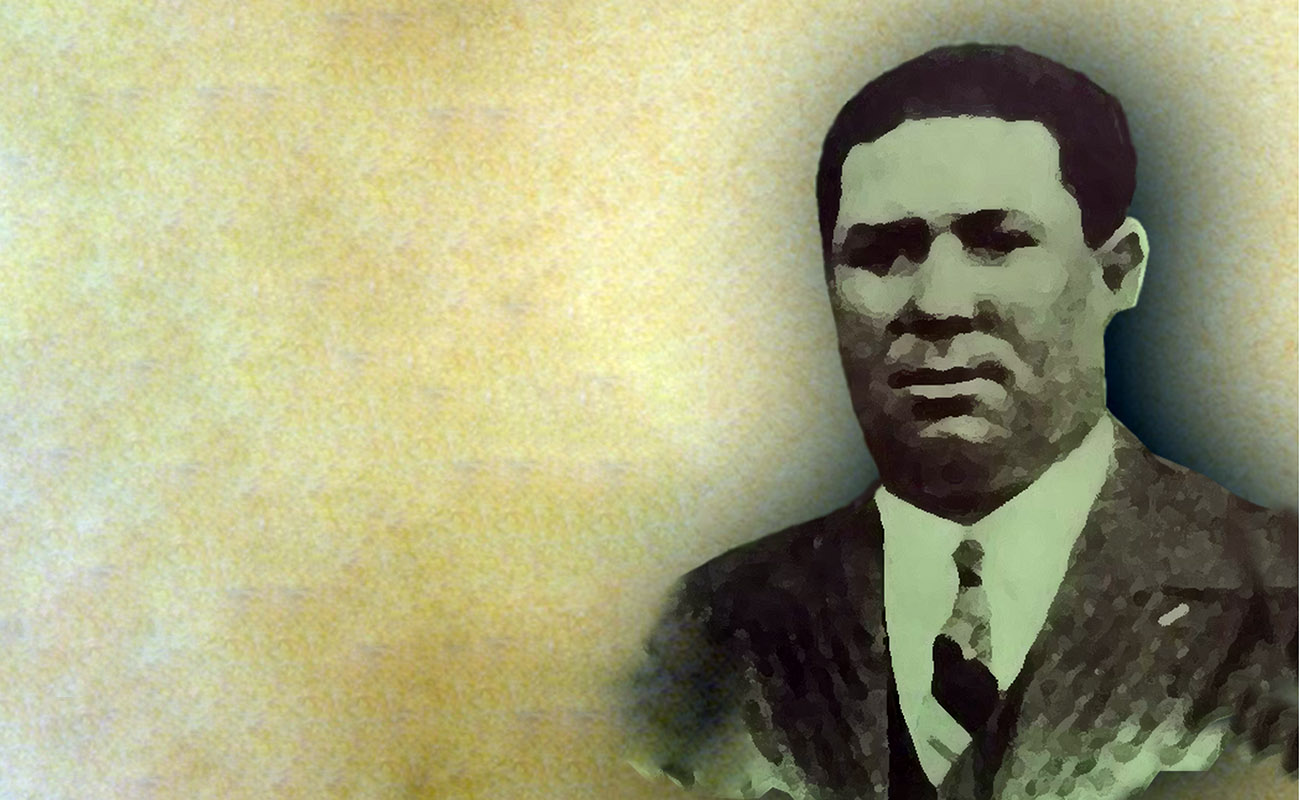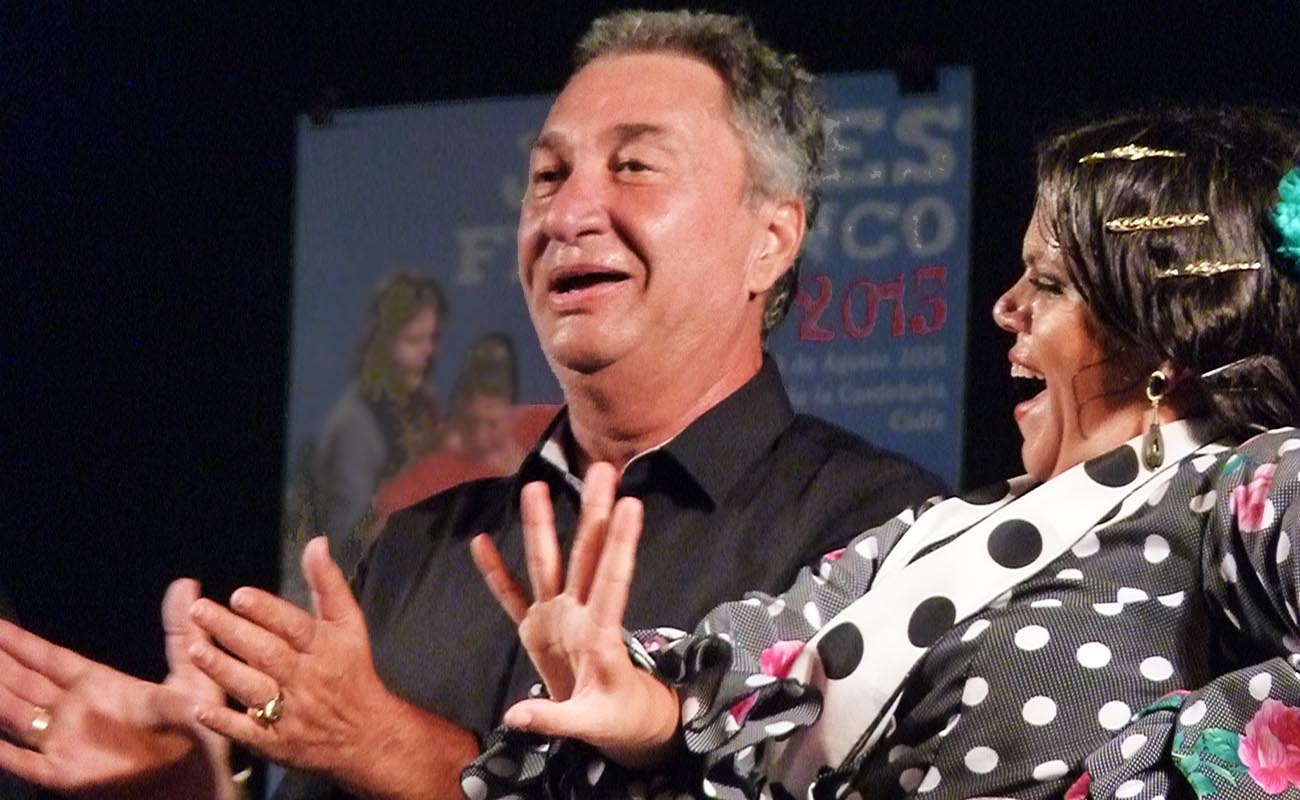Talking about cante with Mairena
I have only met two great masters who loved talking about cante jondo: Antonio Mairena and Juan Valderrama. Antonio was truly passionate about discussing cante, as for him cante was much more than just a means to earn a living.

A couple of times I had the opportunity to talk about cante with Antonio Mairena, who for me is one of the greatests cantaores in flamenco history. I’ve never said he was “the best”, because there is no “best”, at least in an art where personal tastes are of such importance. The first time I even talked with him was at his own house on Padre Pedro Ayala street in Seville, near the Cruzcampo brewery. I remember that he got me talking about my own tastes in cante, and because I was only 20 years old, innocent and naïve, I told him I loved Carbonerillo de la Macarena and Camarón. The master smiled and then told me about Juan Talega, whom I had never heard singing and whose name I had only heard a couple of times. Mairena also talked about Manuel Torres, of whom I didn’t know much, either. On Antonio’s advise, I bought a small record of this genius from Jerez, in a music shop on Cuna street, and I have to confess that I didn’t like it at all, at the time. I mentioned this to Mairena on the phone, and he said that it was normal that I hadn’t liked it, because my ears were used to more modern music. “Hear it ten or twelve times and you’ll change your mind”, he told me. I did just that and, indeed, I ended up discovering in Torres’ gypsy echoes one more reason to keep exploring old cante. Antonio Mairena was a big fan of the Pavón family, particularly Pastora(1) and Tomás, but he rarely talked about Arturo, the eldest of the three siblings. They didn’t get along, as they had some personal (and political) disagreements, but Antonio admitted that Arturo was another genius of cante, able to sing for hours the styles that only the great masters could sing, without ever repeating any lyrics.
I have only met two great masters who loved talking about cante jondo: Antonio Mairena and Juan Valderrama. Antonio was truly passionate about discussing cante, as for him cante was much more than just a means to earn a living. He had his own personal tastes, like everyone else, which were rather obvious. He talked about Tomás Pavón with true devotion, although, contrary to popular belief, Antonio’s own style of singing wasn’t influenced by him. Mairena really admired Tomás purity, the fact that he never quite commercialized his gypsy heritage, and the fact that Tomás always refused sing in places where this purity wasn’t respected. Antonio’s singing style was more based on Pastora’s, something that can be attested by listening to his album Honores a la Niña de los Peines: changing the speed while playing this vinyl record shows that Pastora and Mairena were just like two peas in a pod. It is true that Antonio adhered more closely to Pastora’s style when he recorded his album, but the influence of La Niña on Mairena is unquestionable, with regards to the basic palos. A few times I’ve told the story when Antonio received his Golden Key in Córdoba in 1962, and he couldn’t quite figure out how to show this award to Pastora, as in those days they weren’t on speaking terms with each other. Then he came up with a peculiar solution: once week a lady went to his house selling free-range eggs from his town, Mairena del Alcor, and she also happened to sell eggs to Pastora. So Antonio asked this lady to put the Golden Key in her egg’s basket and show it to his cousin Pastora. And that’s how doña Pastora had in her hands Mairena’s famed award. Perhaps she wondered why the award hadn’t been given to her, who was greater than Mairena, although she was already retired by then. Yet, that’s something we should leave for another day.




